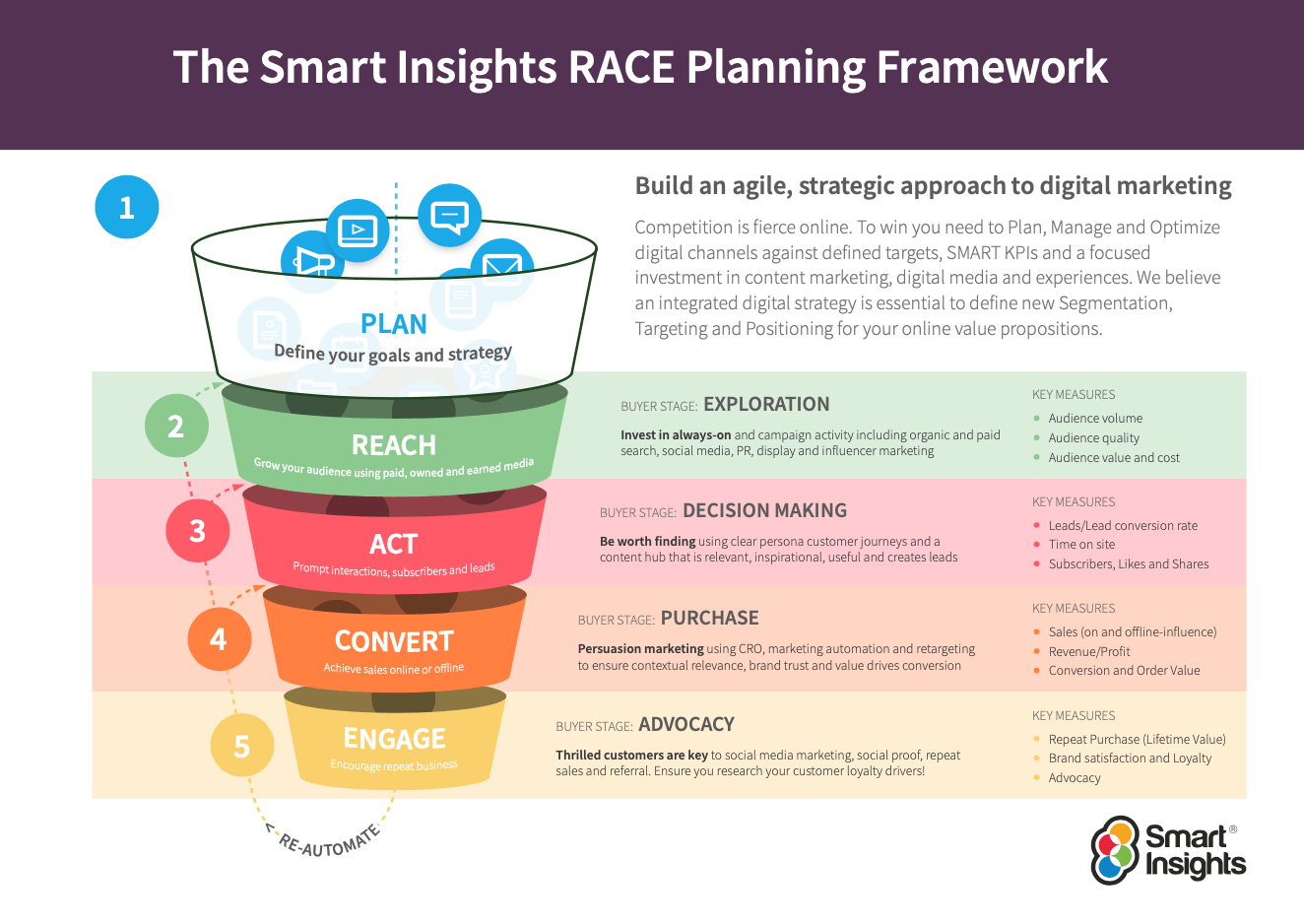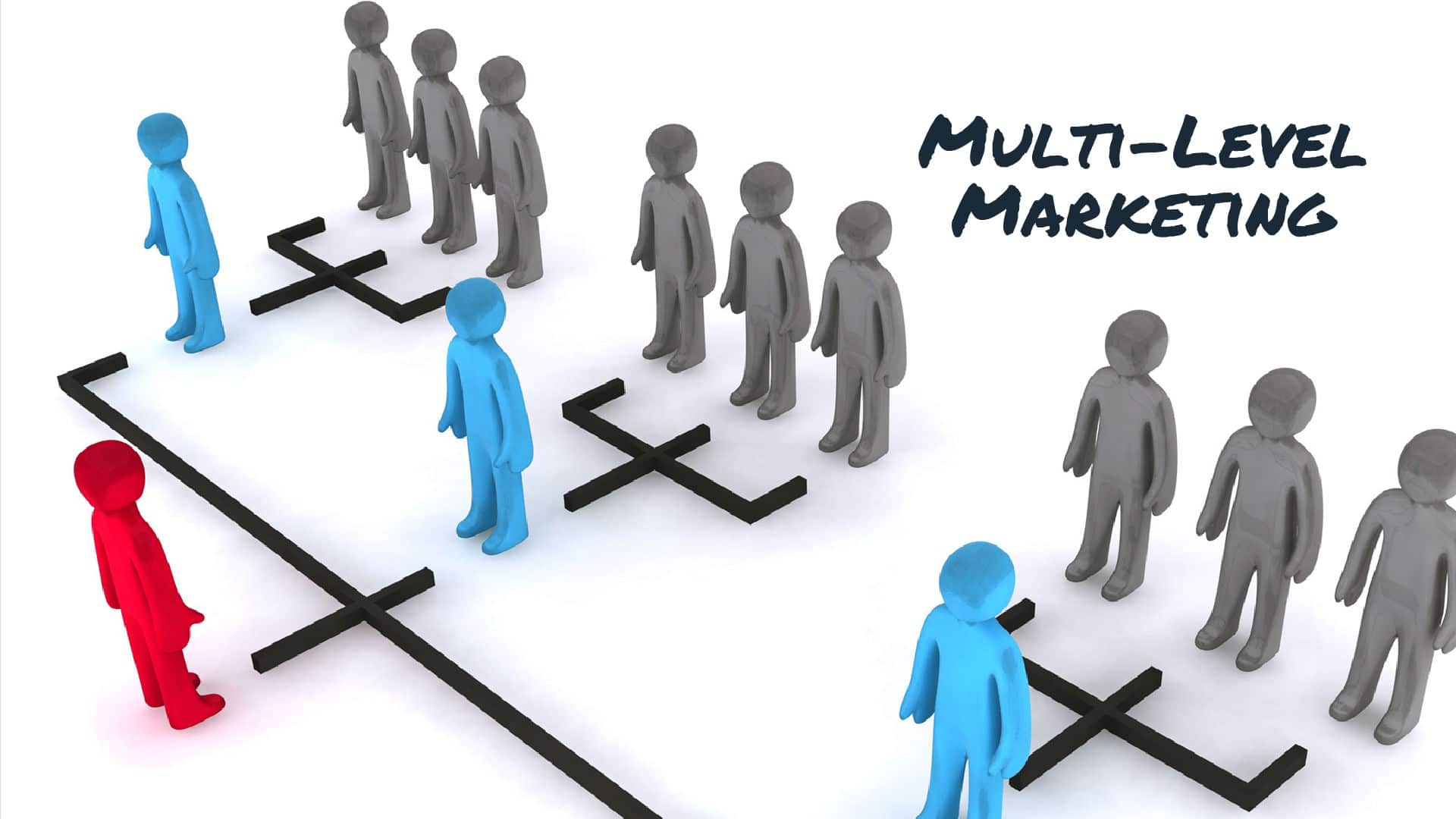Crm for multi level marketing – CRM for multi-level marketing (MLM) is a powerful tool that can help businesses streamline operations, manage customer relationships, and drive sales. This guide will provide an overview of the benefits and challenges of using a CRM system for MLM, as well as the key features to look for when choosing a system.
MLM companies face unique challenges in managing their customer relationships. With a large and often geographically dispersed customer base, it can be difficult to keep track of customer interactions and provide personalized service. A CRM system can help MLM companies overcome these challenges by providing a centralized platform for managing customer data, tracking interactions, and automating marketing and sales processes.
Multi-Level Marketing (MLM) Overview

Multi-level marketing (MLM), also known as network marketing, is a business model that involves the sale of products or services through a network of distributors. Distributors earn commissions not only on their own sales but also on the sales of their recruits, creating a multi-tiered structure.
MLM companies typically have a wide range of products or services, from health and wellness supplements to financial services. Distributors are often encouraged to recruit new members to expand their network and increase their earnings potential.
Key Characteristics of MLM Companies
MLM companies share several key characteristics:
- Independent distributors:Distributors are not employees of the MLM company but rather independent contractors.
- Multi-level structure:Distributors earn commissions on their own sales and the sales of their recruits.
- Product sales:MLM companies focus on selling products or services to end consumers.
- Recruitment:Distributors are encouraged to recruit new members to expand their network.
Examples of Successful MLM Companies
Some examples of successful MLM companies include:
- Amway
- Herbalife
- Mary Kay
- Tupperware
CRM for MLM
Customer Relationship Management (CRM) systems are essential tools for multi-level marketing (MLM) businesses. They can help MLM companies manage their customer relationships, track sales, and automate marketing campaigns. In this article, we will discuss the benefits and challenges of using a CRM system for MLM businesses.
Benefits of Using a CRM System for MLM Businesses
- Improved customer management: A CRM system can help MLM companies track customer interactions, preferences, and purchase history. This information can be used to provide personalized service and build stronger relationships with customers.
- Increased sales: A CRM system can help MLM companies track sales activity and identify opportunities for growth. This information can be used to develop targeted marketing campaigns and improve sales performance.
- Automated marketing campaigns: A CRM system can help MLM companies automate their marketing campaigns. This can save time and money, and it can also help to improve the effectiveness of marketing efforts.
Challenges of Implementing a CRM System in MLM
- Cost: CRM systems can be expensive to implement and maintain. This is especially true for MLM companies with a large number of distributors.
- Complexity: CRM systems can be complex to implement and use. This can be a challenge for MLM companies with limited technical resources.
- Data security: CRM systems store a lot of sensitive customer data. This data must be protected from unauthorized access.
Case Studies of MLM Companies That Have Successfully Implemented CRM Systems
- Herbalife: Herbalife is a global MLM company that has successfully implemented a CRM system. The company’s CRM system helps it to track customer interactions, preferences, and purchase history. This information is used to provide personalized service and build stronger relationships with customers.
- Amway: Amway is another global MLM company that has successfully implemented a CRM system. The company’s CRM system helps it to track sales activity and identify opportunities for growth. This information is used to develop targeted marketing campaigns and improve sales performance.
Features of a CRM for MLM
A CRM system is essential for MLM businesses to manage their complex sales and marketing processes. It helps them track customer interactions, automate tasks, and generate leads. When choosing a CRM system for an MLM business, it is important to consider the following key features:
The different types of CRM systems available include:
- Operational CRM: This type of CRM system focuses on automating and streamlining sales, marketing, and customer service processes.
- Analytical CRM: This type of CRM system helps businesses analyze customer data to identify trends and patterns. This information can be used to improve marketing campaigns and sales strategies.
- Collaborative CRM: This type of CRM system allows multiple users to collaborate on customer-related activities. This can help to improve communication and coordination within the sales and marketing team.
Types of CRM Systems
The best type of CRM system for an MLM business will depend on the size and complexity of the business. Small businesses may be able to get by with a simple operational CRM system. Larger businesses may need a more comprehensive system that includes analytical and collaborative features.
Recommendations for Choosing a CRM System
When choosing a CRM system for an MLM business, it is important to consider the following factors:
- The size and complexity of the business
- The budget
- The features that are important to the business
- The level of support that is needed
By carefully considering these factors, businesses can choose a CRM system that will help them to achieve their sales and marketing goals.
Implementing a CRM for MLM

Implementing a CRM system for an MLM business involves several key steps:
Planning and Preparation
Define clear goals and objectives for implementing the CRM system. Determine the specific business processes and pain points that the CRM will address. Conduct a thorough assessment of existing data sources and identify any data integration requirements.
CRM Selection and Configuration
Research and evaluate different CRM solutions to find the one that best aligns with your business needs. Consider factors such as features, pricing, scalability, and ease of use. Configure the CRM system to meet your specific requirements, including customizing fields, workflows, and reporting capabilities.
Data Migration and Integration
Migrate relevant data from existing systems into the CRM. Ensure data accuracy and completeness by performing data cleansing and validation processes. Integrate the CRM with other business systems, such as email marketing platforms and accounting software, to create a centralized data hub.
User Training and Adoption
Provide comprehensive training to users on how to use the CRM effectively. Encourage user adoption by highlighting the benefits of the system and providing ongoing support. Monitor usage and gather feedback to identify areas for improvement.
Security and Compliance
Implement robust security measures to protect sensitive customer data. Ensure compliance with relevant data protection regulations. Establish clear data access controls and audit trails to maintain data integrity.
Timeline and Budget
The timeline for implementing a CRM system can vary depending on the size and complexity of the business. Allocate a realistic budget that covers software licensing, customization, data migration, training, and ongoing maintenance costs.
Measuring the Success of a CRM for MLM

Evaluating the effectiveness of a CRM system for an MLM business is crucial for optimizing performance and driving growth. Several key metrics can help you measure the success of your CRM implementation.
Tracking and Analyzing Key Metrics, Crm for multi level marketing
- Sales Revenue:Track the revenue generated through your MLM business after implementing the CRM system. An increase in sales indicates improved lead management and conversion rates.
- Lead Conversion Rate:Measure the percentage of leads who convert into customers or distributors. A higher conversion rate signifies that the CRM is effectively nurturing leads and guiding them through the sales funnel.
- Customer Retention Rate:Determine the percentage of customers who remain active and continue making purchases or recruiting new members. A high retention rate indicates that the CRM is helping you build strong customer relationships.
- Downline Growth:Track the number of new distributors recruited and the growth of your downline. A CRM that facilitates effective team management and communication can contribute to increased downline expansion.
- Return on Investment (ROI):Calculate the financial benefits of implementing the CRM system by comparing the costs with the increased revenue and reduced expenses. A positive ROI indicates that the CRM is a worthwhile investment.
Importance of Ongoing Monitoring and Evaluation
Regularly monitoring and evaluating your CRM metrics is essential for ongoing improvement. This allows you to identify areas for optimization, adjust strategies, and ensure that the CRM remains aligned with your business goals. By continuously tracking and analyzing key metrics, you can maximize the effectiveness of your CRM system and drive sustained growth for your MLM business.
Ending Remarks

Implementing a CRM system for MLM can be a complex process, but it is well worth the investment. By following the steps Artikeld in this guide, MLM companies can choose the right system and implement it successfully. With a CRM system in place, MLM companies can improve customer relationships, increase sales, and achieve long-term success.
Questions Often Asked: Crm For Multi Level Marketing
What are the benefits of using a CRM system for MLM?
CRM systems can help MLM companies streamline operations, manage customer relationships, and drive sales. They can provide a centralized platform for managing customer data, tracking interactions, and automating marketing and sales processes.
What are the challenges of implementing a CRM system for MLM?
Implementing a CRM system for MLM can be a complex process. MLM companies need to choose the right system and implement it successfully. They also need to train their staff on how to use the system and ensure that the system is integrated with their other business systems.
What are the key features to look for when choosing a CRM system for MLM?
When choosing a CRM system for MLM, it is important to consider the following features:
- Contact management
- Lead tracking
- Sales tracking
- Marketing automation
- Reporting and analytics
